Environment
-
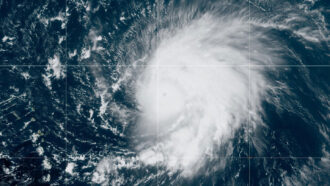 Oceans
OceansExplainer: Why are so many hurricanes strengthening really fast?
This dangerous trend appears relatively new — and growing. Studies also have begun linking it to our warming world.
-
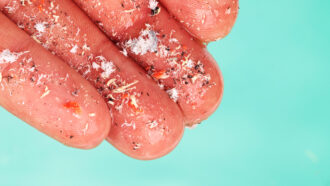 Environment
EnvironmentUltrasound waves can help remove polluting microplastics in water
The innovative process concentrates microplastics within a flowing liquid. A two-step process then removes the potentially toxic bits.
-
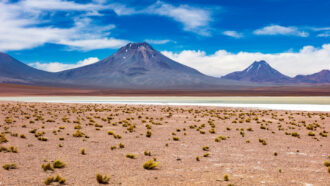 Earth
EarthThe sun shines brightest in South America’s Atacama Desert
Solar rays in this high-altitude desert at times rival the light intensity on Venus.
-
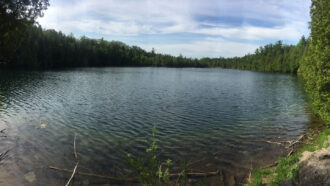 Earth
EarthCanada’s Crawford Lake seems to mark when the Anthropocene began
Mud at the bottom of this lake holds a record showing how humanity has been changing our planet. But the Anthropocene isn’t an official new epoch yet.
-
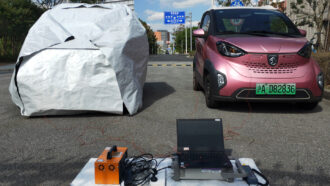 Tech
TechNew thermal ‘cloak’ keeps spaces from getting too hot or too cold
A prototype fabric could help keep cars, buildings and other spaces cooler during heat waves while also reducing greenhouse-gas emissions.
By Skyler Ware -
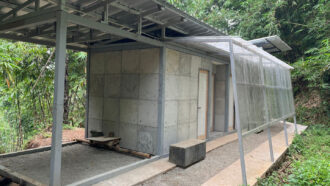 Materials Science
Materials ScienceThis house is partly made of recycled diapers
After being washed, dried, sanitized and shredded, used diapers were mixed with other materials to make a strong concrete.
-
 Climate
ClimateFor greener toilets and air conditioning, consider saltwater
Using saltwater would allow coastal cities to save their freshwater for drinking and to reduce their carbon footprints. Some could save money, too.
By Laura Allen -
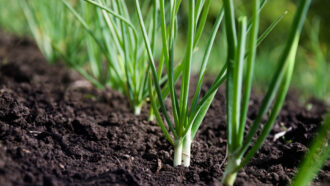 Environment
EnvironmentFungi help rescue crops being harmed by microplastics
Microplastics in the soil hinder plant growth. But two finalists at Regeneron ISEF found that fungi and farm waste can reduce the harm.
-
 Tech
TechNanocrystal ‘painted’ films may someday help relieve summer heat
The rainbow palette and cooling powers of new plant-based films comes from their microscopic surface patterns of tiny crystals.
-
 Environment
EnvironmentOlder diesel school buses linked to more student absences
Schools that replaced or upgraded old diesel school buses increased student attendance rates, new research shows.
-
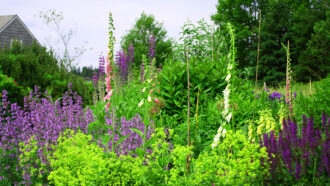 Environment
EnvironmentMaking yards more diverse can reap big environmental benefits
Replacing grass with native plants uses less water and fewer chemicals while providing additional benefits to people and wildlife.
-
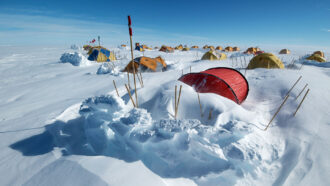 Earth
EarthUnder the ice, a hidden lake hints at its origin — and coming end
Lake Mercer may serve as a model for better understanding the birth and life of Antarctica’s hundreds of subglacial lakes.
By Douglas Fox